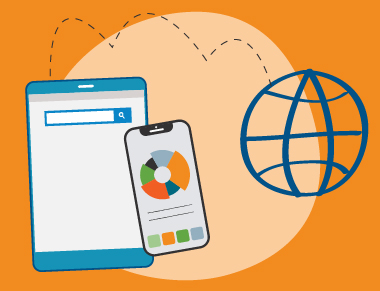
Artificial Intelligence (AI) is here. The barn door has been opened and the horse is out of the stable. Adopters are discovering the usefulness, and flaws associated with AI. Casual users are discovering how helpful AI can be in creating policies, scripting, documentation and research. Industries are uncovering opportunities for automation of repetitive tasks, cost savings and increasing productivity. Automation with AI can reduce errors by eliminating the human flaws. Manufacturing is finding that AI can result in the re-skilling of an existing work force in order to focus on more complex or valued activities. Chatbots can be integrated with websites and apps in order to provide customer service automation.
As jobs are lost to AI, others are created or changed in order to compliment the addition of artificial intelligence in the workplace.
This sounds efficient and fool-proof on the surface. But, AI systems can produce errors. AI models would need to have a secondary system to rely on should the outcome of a decision lack confidence. And, there can be some misuse of AI.
AI can be manipulated to spread untruths or misinformation. This can have negative implications for social media and other news related platforms. It could be assumed that AI is impartial because it is not human. However, AI can learn from its data sets that may be rife with biases. This can lead to flawed decision making and recreation of inaccurate results.
AI can be a solution for protection against future cybersecurity threats. It can implement defenses round the clock and analyze risky behaviors quicker than a human. It is constantly learning how to identify threats. Some detection miscalculations can still occur. Careful consideration should be made when implementing an AI solution for cybersecurity by evaluating benefits and potential risks.
As artificial intelligence continues to develop and find it’s place in our businesses and households we will need to understand how it can and should be used. There will be applications that will be more dependable and reliable. However, it is important for the end user to evaluate how they are using these applications. What decisions are being made based on the output? Double check the resources and facts.
However you choose to integrate AI resources into your life you should be aware of it’s potential for error. Any technology should provide evidence that it works as expected. Currently, there is no regulation in place for AI as there is with the Food and Drug Administration (FDA) or the Federal Communications Commission (FCC). Fact checking and research should always be accompanying an AI solution.
